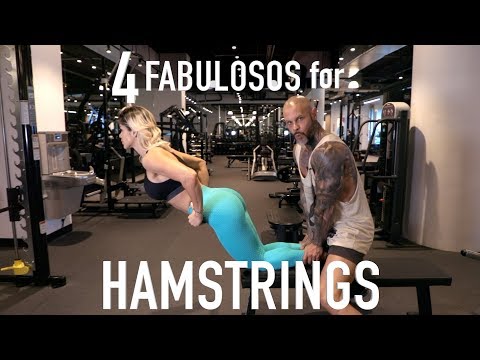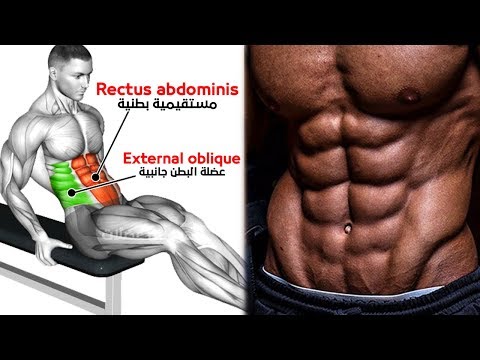
Pick your meal plan here –
Subscribe to this channel here –
The Keto Diet is a popular method of eating that is used when people want to burn fat and lose weight. In this video, I’m going to review my thoughts on the sustainability of this eating plan and help you to decide whether it is right for you. You will have to evaluate what your short and long term goals are for getting ripped and I will help you to do that.
First it is important to understand where the ketogenic diet comes from. It is actually an old school diet approach that has been around for a long time. The concept is for you to dramatically switch the proportions of macronutrients that make up your daily caloric intake to shift the body from relying on glucose for its primary fuel source to ketones.
Glucose from carbohydrates is the number one preferred source of fuel for our muscles and brains. In fact, there are certain areas of the brain where glucose is the only source of fuel that can be utilized to provide peak functioning. When you follow a keto diet, you cut your carb intake down to 5% or less of your total daily calories. All of the carbs that you do eat come from green leafy vegetables while great care is taken to avoid starches like rice, potatoes, pasta, oatmeal, beans, etc.
The bulk of your diet comes from fats and proteins. This means that when you are following a ketogenic diet that you are relying on lots of meats, fish, eggs, nuts, seeds, heavy cream, oils, etc. Even healthy foods like fruit are excluded. Foods rich in fiber would also be excluded if they fall in the starchier category named already.
So the idea is to gradually make your body rely on ketones for fuel. While this may be a more efficient energy source it definitely does not come without some repercussions. The biggest of which is the depletion of your body’s stores of glycogen. Glycogen is the stored form of glucose and is kept inside your muscles primarily and broken down for energy when training. If your glycogen levels are depleted it becomes very hard to train intensely.
Even if you do find a way to increase your energy and intensity to train hard, it often results in an increase in cortisol as this presents an increased stress to the body due to the insufficient fuel depots. Both the increase in cortisol and the decreased glycogen can significantly and negatively impact your body’s ability to preserve lean muscle let alone build new muscle tissue.
Many will say that they lose lots of fat when on a ketogenic diet. It is true that you will see rapid weight loss when following a keto diet (making it a perfect option for those that need to fit into a certain outfit and time isn’t on your side). That said, fat loss is a minimal part of the equation. The reason you are losing lots of weight but not necessarily fat is that along with the glycogen depletion comes a lot of lost water.
When carbohydrates are minimized, the hydro portion or water is lost as well. This is why what appears to be many lost pounds on the scale when following a keto diet doesn’t necessarily mean permanent loss. Along those same lines, the very fact that a ketogenic diet is based on deprivation and near exclusion of dietary carbohydrates often leads to this being a solution that is not sustainable.
The real question you have to ask yourself if whether you can maintain whatever diet you follow for life. I believe in long term, permanent weight loss solutions that let you lose body fat while still allowing you to build muscle. If you are looking for a meal plan that allows you to do both and is the same exact one that I use to stay ripped year round, head to and get the ATHLEAN-X Training Systems.
For more diet videos and the best meal plan for fat loss and muscle growth, be sure to subscribe to our channel here on youtube at 4




